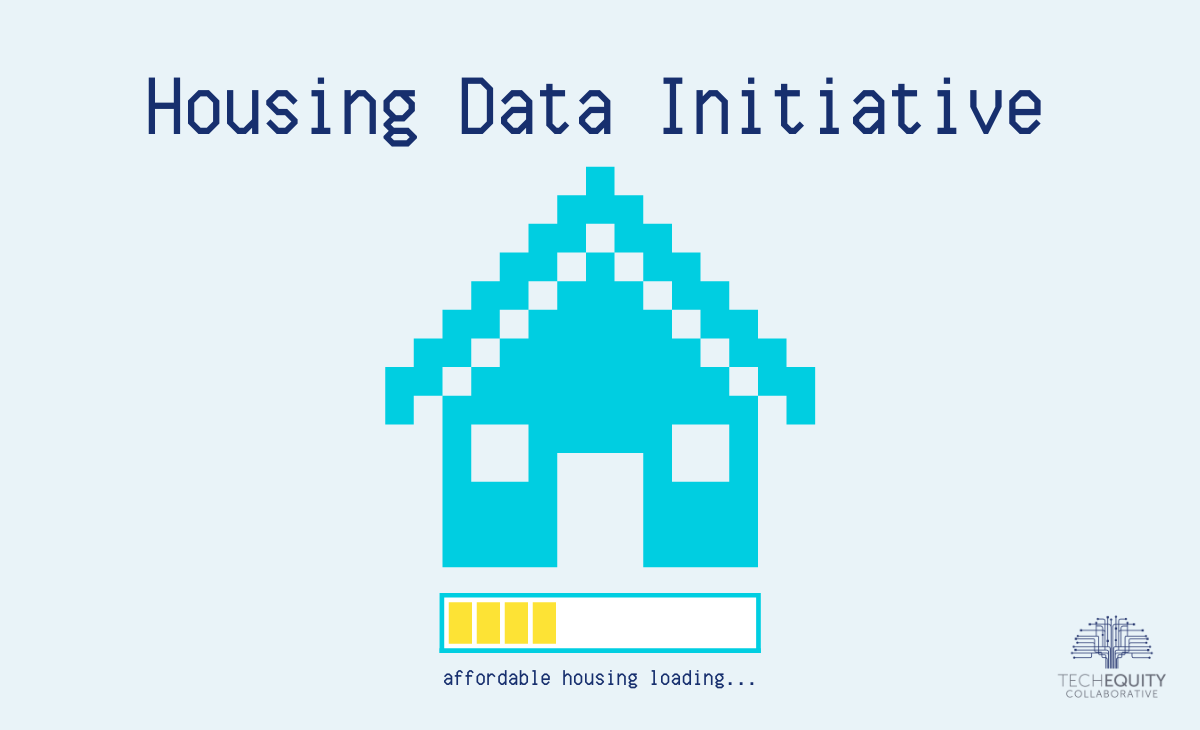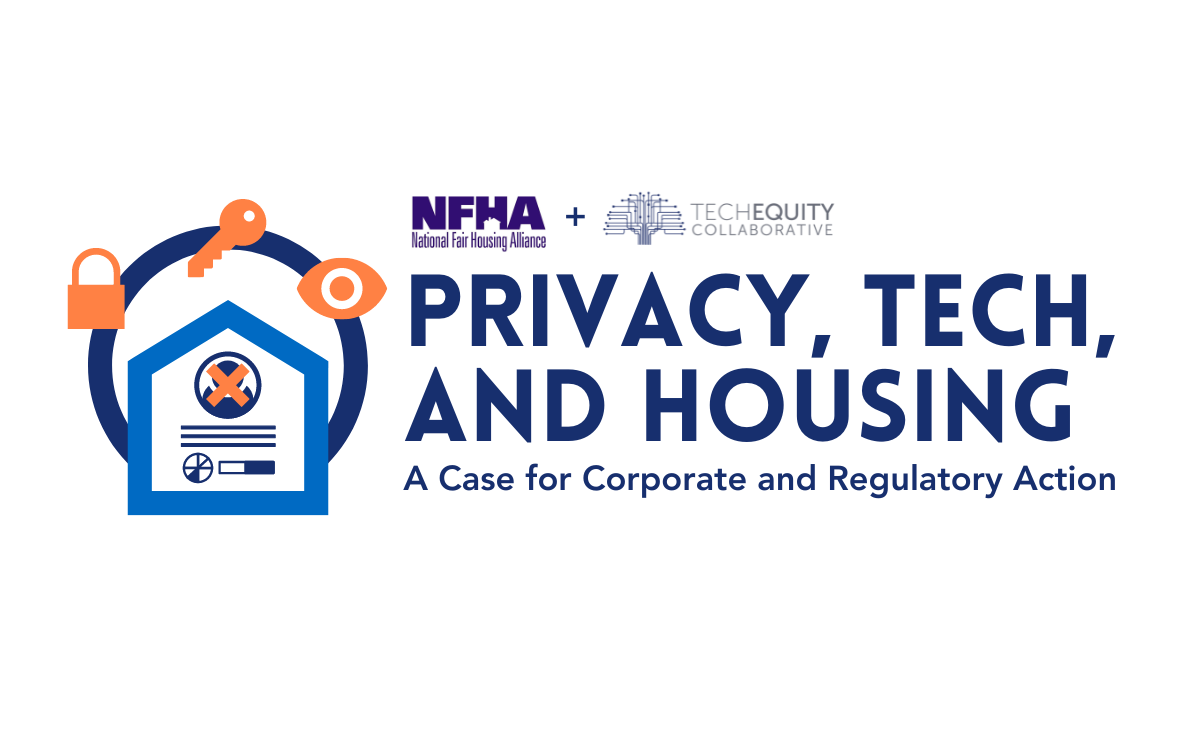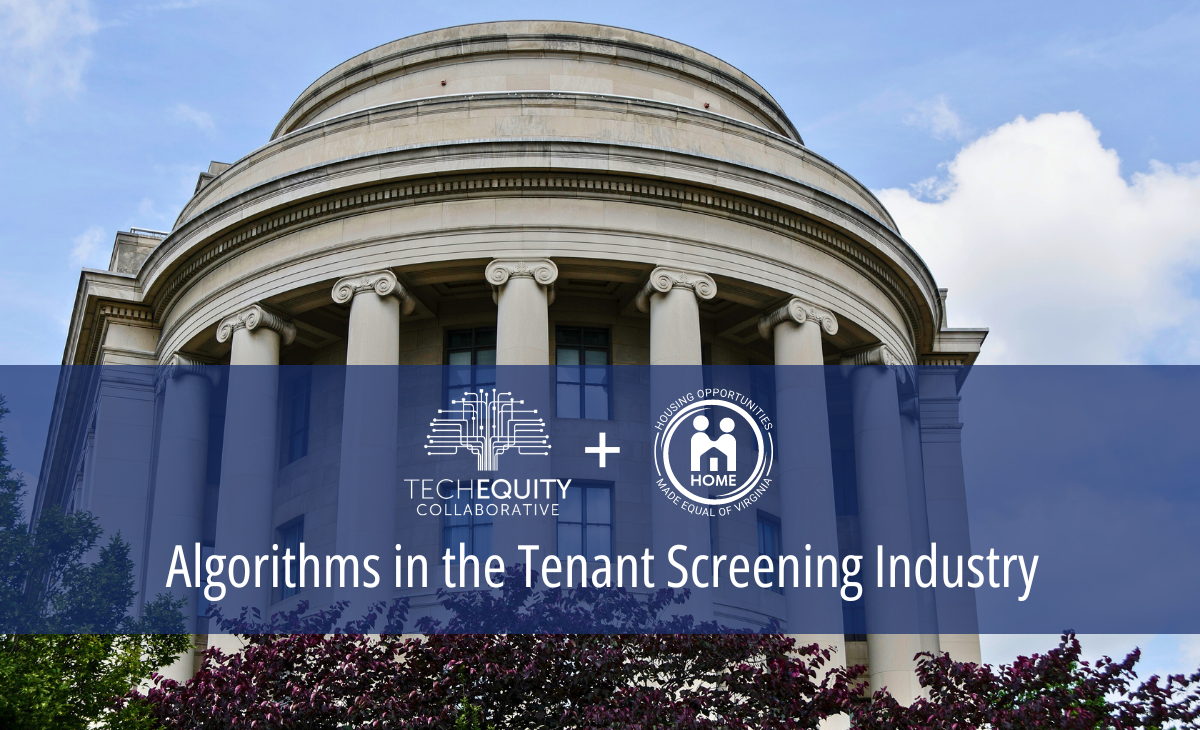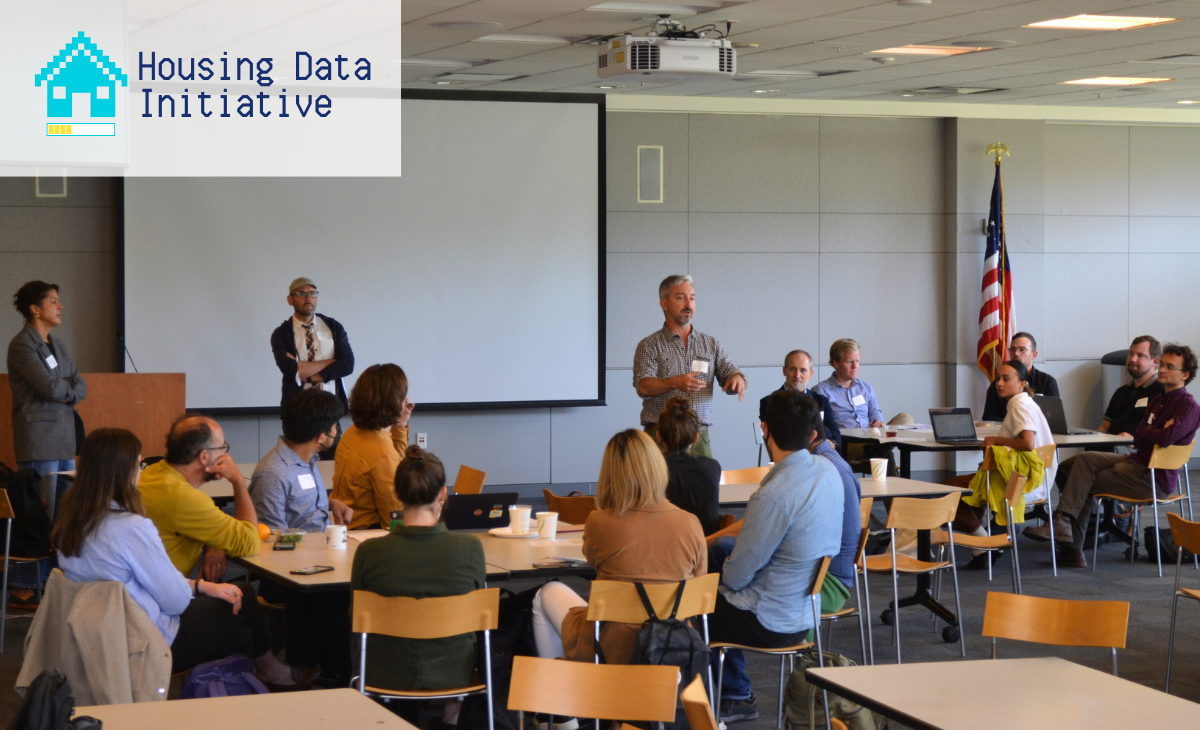Introducing the Housing Data Initiative

Our housing crisis is shockingly opaque. We know we have a problem; housing is too expensive and people are getting pushed out of their homes and onto the streets. But we don’t have the information we need to have a strategic, focused approach to getting out of this mess.
That’s why we’re excited to announce the launch of the Housing Data Initiative. Through this initiative, we aim to build tangible resources that demonstrate how data and technology—when developed and implemented with community needs at the center—can be powerful tools to ensure that housing policy is implemented effectively and to support community members, advocates, policymakers, and everyone who’s working hard to make housing a human right in California.
Why we need (good) housing data
Over the past few years, California has passed dozens of bills to address a wide range of housing policy issues. Simply put, the outcomes have not kept up with the promise of these bills. Implementation has lagged behind stated goals, and the laws haven’t had the teeth to be properly enforced. Confusion over who has the responsibility or jurisdiction for enforcement, lack of transparency into how laws are working, and gaps in statewide data infrastructure undermine the goals of increasing housing access and improving protections for our most vulnerable.
Without comprehensive, publicly held, and publicly maintained data, advocates and community organizations must rely on their own work (paired with a fragmented and insufficient data infrastructure) to provide services, enforce their clients’ and constituencies’ rights, and understand how complex policies interact statewide. These advocates fill in the gaps on a case-by-case basis by collecting program information, monitoring outcomes on an individual level, and running their own research and surveys. Public servants are left to administer programs without information about how they are working. Policymakers are making new laws without comprehensive data about the markets they are regulating.
We at TechEquity have assessed the landscape of recent housing legislation, engaged community partners, and analyzed the California Department of Housing & Community Development (HCD) 10-year data strategy for themes and patterns.
Through this process, we identified key barriers to achieving comprehensive housing data and using it to enact effective, enforceable statewide policy.
The current state of play
We wanted to hear from community partners on the ground about how recent housing policy is actually impacting their clients and work. Together we’ve examined the effect of bills that increase tenant protections and assistance, streamline the approval of affordable housing, help individuals buy homes in their communities, and mandate statewide housing data improvements. Some themes emerged, showing us where we can dedicate our efforts to fix not just one problem but unlock major progress toward combating California’s housing crisis. Those patterns included:
- Some laws require local governments to take certain actions to address the housing crisis, but many haven’t acted, often citing a lack of staff capacity to move forward.
- Advocates and other nongovernmental organizations are creating datasets of their own to fill the gap left by governments—YIMBY has a database of ADU design standards, ACCE is tracking rent cap loopholes, the Terner Center is analyzing how laws have impacted housing development—but resource constraints make it hard to sustain and share that data.
- Bills that provide individual protections or rights typically put the onus on the individual to know their rights and navigate fractured and complicated systems—including the legal system, business incorporation systems, and state assistance.
We learned that while data and technology won’t provide a silver bullet to address all of these issues—we still need to strengthen enforcement against bad actors and those who refuse to act—there are places where new tools and datasets can make a significant difference. Tools like tenantprotections.org, for example, make it easier for residents to navigate tenant protection laws. The Terner Labs policy dashboard helps local policymakers comply with housing element rules. The Anti-Eviction Mapping Project collects and analyzes fragmented eviction data and builds visualizations highlighting eviction rates and abusive landlords.
What the Housing Data Initiative will do
The Housing Data Initiative will build tangible resources that demonstrate how data and technology—when developed and implemented with community needs at the center—can be powerful tools to ensure that housing policy is implemented effectively and to support community members, advocates, policymakers, and everyone working hard to make housing a human right in California.
We will advance these goals by
- Continuing to engage with community partners as we build a deeper understanding of the impact, reach, and implementation gaps of recently-passed housing legislation.
- Developing a set of tools that:
- Strengthen implementation of existing laws
- Support partners as they attempt to reform and improve existing laws
- Demonstrate the potential of rich data to advance future housing policy
- Developing recommendations that address gaps in the data ecosystem, and strengthen and expand protections for renters as well as current and prospective homeowners.
TechEquity’s research into the efficacy of our progress on the state housing crisis underscores what many working to solve the problem have long known: without comprehensive, transparent access to how things are working across the housing system, decision-makers are ill-equipped to design responsive, equitable fixes to the housing, rental, and eviction crises.
We at TechEquity will use our expertise in tech, data, and policy to help build the infrastructure we need to meet every Californian’s housing needs. We sit at the intersection of the tenant organizing community, production advocates, academics, and policymakers. Together, we can highlight the reach and harms of corporate ownership of housing; demonstrate the need for granular and public data about the rental market; and develop tools that help everyone enforce their rights.
Want to stay in the loop about the Housing Data Initiative as it develops? Sign up for our mailing list for key updates:
Housing Data Initiative Updates
Sign up to be the first to get updates on the Housing Data Initiative.
"*" indicates required fields





